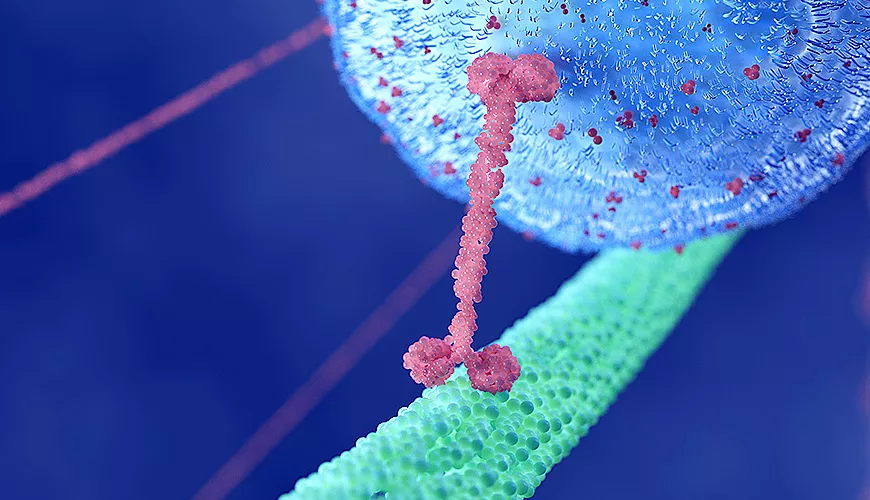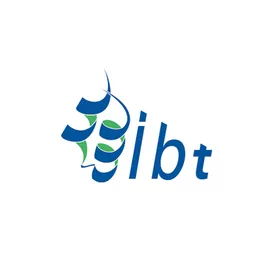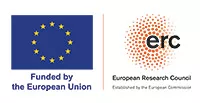TubulinCode
Breaking the code of the tubulin
Uncovering the molecular effects of the tubulin code and their impact on organism-wide functions
Features
Project duration
72 months
Start :
End :
Project scale
European project
Allocated budget
11 319 929,00 €

Description
Microtubules (MT) are core components of the eukaryotic cytoskeleton with essential roles in cell division, cell shape, intracellular transport, and motility. Despite their functional divergence, MTs have highly conserved structures made from almost identical molecular building blocks – tubulin proteins. A variety of posttranslational modifications (PTMs) diversifies these building blocks, which is thought to control most of the properties and functions of the MT cytoskeleton, a concept referred to as the ‘tubulin code’.
While they appear to have subtle effects at the molecular level, tubulin PTMs are essential for maintaining cellular functions of MTs over large spatial and temporal scales. Yet, a comprehensive knowledge of the principles of the tubulin code, connecting its functions across the molecular, cellular and organismal levels, is almost entirely lacking.
Our project aims to obtain a novel molecular and mechanistic understanding of how tubulin PTMs control long-term cellular function and homeostasis. Our unique approach bridges all relevant scales of biology and relies on a synergy between our powerful experimental models and expertise in biochemistry, structural biology, single-molecule assays, systems-biophysics, cell biology, and physiology.
Specifically, we will: (1) Determine how different tubulin PTMs affect biophysical and structural properties of MTs and their interactions with associated proteins; (2) Define the impact of tubulin PTMs on overall MT cytoskeleton behaviour and the resulting physiological implications in neurons; (3) Combine zebrafish and mouse models and develop a novel fish model for lifelong in-vivo imaging to determine how the tubulin PTMs control lifelong MT-based functions.
Our work will define the importance of tubulin PTMs by revealing their critical molecular functions over the lifetime of an organism. The project has the potential to substantially change our perception of the cytoskeleton’s role in homeostasis and disease.
Programme
Horizon Europe
Horizon Europe is the European Union's framework program for research and innovation for the period 2021-2027. Horizon Europe takes over from Horizon 2020, which ends at the end of 2020.
ERC Synergy Grant
The aim is to provide support for a small group of two to four Principal Investigators to jointly address ambitious research problems that could not be addressed by the individual Principal Investigators and their teams working alone. Synergy projects should enable substantial advances at the frontiers of knowledge, stemming, for example, from the cross-fertilization of scientific fields, from new productive lines of enquiry, or new methods and techniques, including unconventional approaches and investigations at the interface between established disciplines. The transformative research funded by Synergy Grants should have the potential of becoming a benchmark on a global scale.
Project team
Partners







